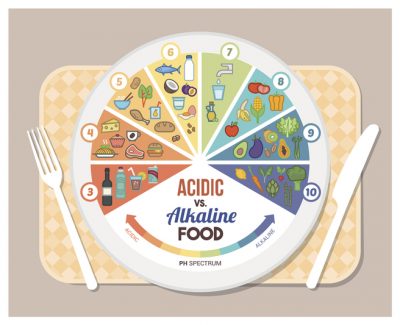
Symptoms
Acid erosion on teeth can lead to a variety of symptoms that should be evaluated by a dentist. As the outer layer of your teeth wears away, you may experience tooth sensitivity. This sensitivity often leads to pain when you consume hot or cold foods and drinks.
Your teeth may also become discolored. This is because the enamel is white, unlike the sensitive, yellow tissue underneath is known as dentin. As the enamel erodes and exposes more of your dentin, your teeth begin to show more of its yellow color.
The appearance of your teeth can change in other ways as a result of acid erosion, depending on the case. The bottom edge of your front teeth may start to look transparent instead of its natural opaque. You may also notice your teeth look smaller or thinner than they used to. If you notice any of these symptoms, you may have acid erosion and should see your dentist right away for an evaluation.
Causes
There are just as many possible causes of acid erosion. Your favorite beverages, for example, may also be to blame for the initial sensitivity: According to the National Institutes of Health (NIH), soft drinks are the most frequent source of erosive acids, most damaging due to their low pH levels. Other popular drinks, such as fruit juices, sports drinks, and energy drinks, can also damage your teeth due to their acidity.
These liquids aren’t the only possible cause. Frequent vomiting introduces highly acidic stomach contents to your mouth and can lead to acid erosion. This is a particular concern for pregnant women suffering from morning sickness, as well as those who struggle with bulimia or related eating disorders. Similarly, gastroesophageal acid reflux disease (GERD) is a condition that makes acid from your stomach back up into your throat and mouth involuntarily. This leads to frequent heartburn and, ultimately, the erosion of your tooth enamel. If you suffer from GERD, make sure your dentist is aware of your condition.
Prevention
Acid erosion can be prevented by making small changes to your daily routine. Choose water or other non-acidic beverages more often, while making sure to rinse your mouth with water after the soft drinks you do have. And only after 30 minutes, brush your teeth; doing so sooner than this can lead to further enamel damage.
If you are vomiting frequently, be sure to rinse your mouth with water after each episode. Adding baking soda to the water can help to neutralize the acid and protect your teeth, as well. Remember to brush your teeth once a full half-hour has passed.
GERD should prompt a visit to your family doctor for treatment. Luckily, there are many approaches to this condition – such as prescription medications and dietary changes – and these treatments can help to prevent further damage to your teeth.
Treatment
In tandem with these habitual changes, your dentist may recommend using a toothpaste that helps to protect your tooth enamel. This works by helping to replenish the calcium that makes up your tooth enamel.
Other treatments are also available for teeth that are damaged by acid erosion. You might consider dental crowns or other tooth-colored restorations that fix permanently on top of your damaged teeth. Crowns cover your entire tooth, so none of your damaged enamel will be visible.
Acid erosion on teeth is a serious problem, but with your dentist’s help, you can keep your enamel healthy.
